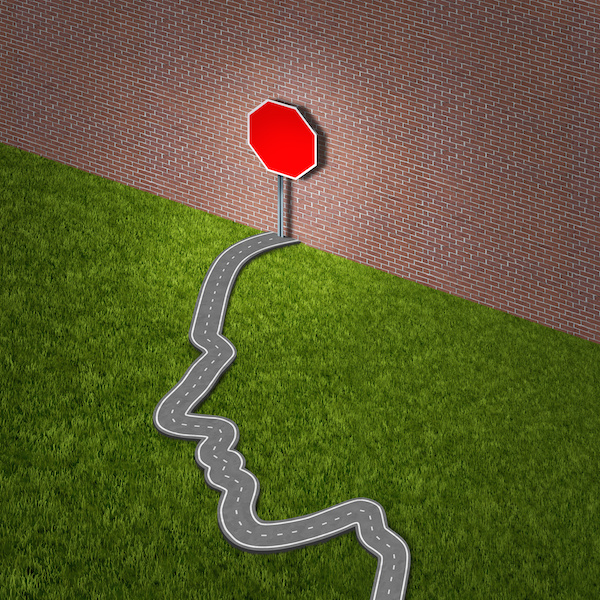
MONDAY, Feb. 4 (HealthDay News) — Peers play a greater role in teen girls’ dissatisfaction with their bodies than television or social media, a new study suggests.
The research included 237 Hispanic girls, aged 10 to 17, in the United States who were asked a range of questions, including how they felt about their bodies, whether they had any eating disorder symptoms, their overall satisfaction with their lives, and whether or not they felt inferior to other girls (a measure of peer competition).
They were also asked about their social media use and to name their three favorite television shows and to rate the attractiveness of the female actresses in those shows.
Overall, neither television images of thin “ideal” women nor social media use predicted body dissatisfaction, but peer competition did, researchers Christopher Ferguson and colleagues at Texas A&M University found.
TV shows and social media did not predict eating disorder symptoms in the girls, while peer competition predicted eating disorder symptoms in the long term, but not in the short term.
Both peer competition and social media use predicted lower life satisfaction, according to the study published online Jan. 24 in the Journal of Youth and Adolescence.
“Our results suggest that only peer competition, not television or social media use, predict negative outcomes for body image. This suggests that peer competition is more salient to body and eating issues in teenage girls. However, social media use may provide a new arena for peer competition, even if it does not directly influence negative body outcomes,” the study authors wrote.
More information
The Nemours Foundation has more about teens’ body image and self-esteem.

